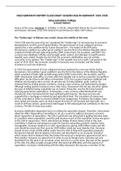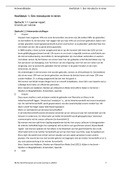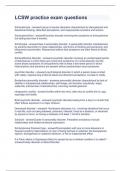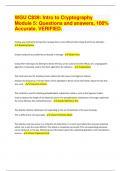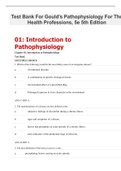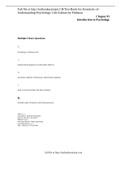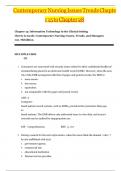Gloucestershire College
A-level history
Source of the essay: Whitfield, R. & Waller, S. (2015). Oxford AQA History for A Level: Democracy
and Nazism: Germany 1918-1945 (Oxford A Level History for AQA). OUP Oxford.
The “Golden Age” of Weimar was a myth. Assess the validity of this view.
1924-1928 were the years that are considered the “Golden Age” in Germany due to economic
developments and the end of hyperinflation. The government of Cuno collapsed and was
replaced by a new coalition led by Gustav Stresemann – the leader of the DVP party.
Stresemann’s coalition (so-called ‘great coalition’) was the first in the Weimar Republic which
consisted of both left and right-wing parties (DVP, Centre Party, the Socialists, and DDP). The
currency was stabilised, inflation was brought under control, and attempts to overthrow the
republic were ended. Despite the fact that this economic stabilisation was not entirely
successful, in my opinion, this “Golden Age” in the republic was not a myth. Compared to the
years of 1919-1923, the economic situation in Germany was a lot better and the whole
economy as such was improved.
In 1923, the government of Cuno collapsed and was replaced by a new one led by Gustav
Stresemann. His coalition (‘great coalition’) was the first in the history of the Weimar Republic,
which consisted of both right and left-wing parties (DVP, Centre Party, the Socialists, and the
DDP). Stresemann took office at a time when the republic was in serious economic and political
difficulties. By the time he left office in November 1923, the currency had been stabilised and
inflation was brought under control. His priority was to bring inflation under control. He
achieved that by ending passive resistance, issuing a new currency, and balancing the budget.
Although ending passive resistance was a risky move, Stresemann did not see any other option
because of inflation being completely out of control. Doing this, was the first step towards
reducing government expenditure. In November, a new currency called Rentenmark was
introduced. Since Germany did not have sufficient gold reserves, the new currency was
supported by a mortgage on industrial and agricultural land. The circulation of money was
strictly controlled in order to prevent inflation from reappearing. To balance the budget, taxes
were raised and salaries were cut which meant that lots of civil servants lost their jobs. As a
result of all these actions, government debt began to fall and people had confidence in the new
currency. The life of chaos was ended.
Economy stabilisation depended much on setting the reparation dispute. Therefore, Stresemann
asked the Allies’ Reparations Committee to set up a council to address Germany’s concerns
about repayment of reparations. The USA in particular was interested in getting Germany back
to a position where reparations could be paid because much of this reparation money was given
to the USA to repay loans. That is why American banker Charles Dawes acted as the new
committee’s chairman and proposed a plan for how the reparation payment could be more
manageable. Germany needed to re-start reparations by paying 1000 million marks and this
sum should be raised over five years by 2500 million marks per year. Besides that, Germany
should receive a loan of 800 million marks from the USA to help with reparation payments.
Stresemann himself did not believe in this plan and described it as an economic armistice’
which means that he believed that the Dawes Plan was just a temporary agreement but not a
final solution. However, he agreed to it in order to secure foreign loans. Germany not only
benefited from this plan in an economic sense but also in a social sense. Because of the support
of the USA, the Allies actually accepted that Germany had difficulties with the payment of
reparations. Germany’s relationship with the Allies improved. She became a member of the

